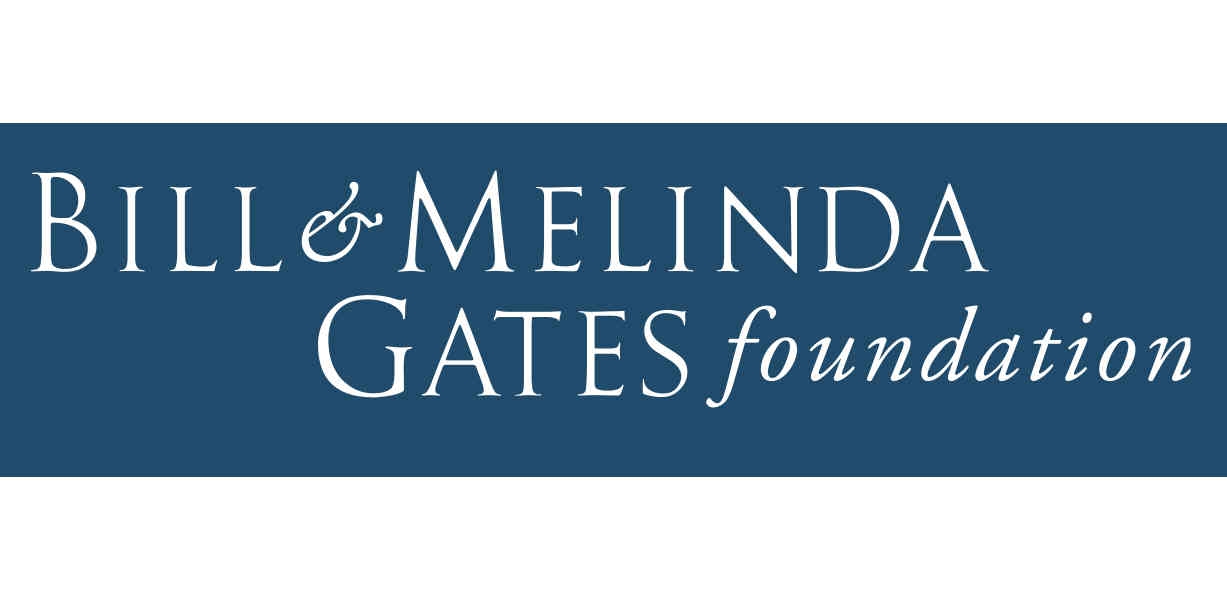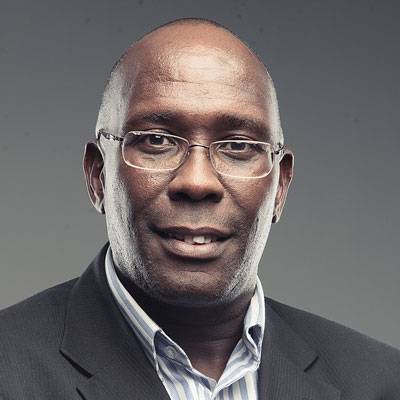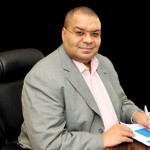The African Academy of Sciences (AAS) and the NEPAD Agency’s Alliance for Accelerating Excellence in Science in Africa (AESA) today committed US$7 million to fund innovative ideas and research through the Grand Challenges Africa programme to accelerate scientific breakthroughs that will improve Africa’s health and developmental outcomes over the next five years.

A release by Nairobi-based AAS Communications Officer Deborah-Fay Ndhlovu, says that the partnership which also includes the Bill & Melinda Gates Foundation will provide the Grand Challenges Africa Innovation Grants, which focuses on finding local solutions to solve Africa’s pressing challenges and help the continent to achieve the Sustainable Development Goals (SDGs). The Grand Challenges Africa Innovation Grants will run for the next five years and comprise of the Grand Challenges Africa Innovation Seed Grants (GCA-ISG) and provide funding for scaling up innovations.

According to the release, calls for proposals will be issued for the new funding every year, aimed at seeking solutions and strategies to reduce maternal, neonatal and child deaths in Africa. The call will also seek creative approaches to inspire African governments to increase their Research and Development funding in response to the African Union target set in 2007 for countries to allocate 1% of their GDP to research.
“Solutions for Africa’s challenges do exist within the continent. As an African grant-making body, we are laser focused on tapping the best minds on the continent to develop innovative local solutions to our health and development challenges,” stated Dr Tom Kariuki, AESA’s Director.
The Grand Challenges Africa Grants will solicit ideas that can be developed into ground breaking research and innovations by providing up to US$100,000 in Grand Challenges Africa Innovation Seed Grants (GCA-ISG) for two years to each of the up to 40 projects that will be funded over the five-years that the scheme will run.
The GC Africa Grants will fund innovators resident in Africa with any level of experience, working in any discipline in colleges, universities, government laboratories, research institutions, non-governmental and non-profit organisations.
Innovations which receive the US$100,000 seed grants and show promise for scaling up will be eligible to apply for additional funding of up to US$1 million, the release indicates.
The new funding is for innovators from anywhere on the continent with bold new ideas for increasing chances of survival at childbirth or African mothers, their newborns and children and to inspire policy and decision makers to fund R&D. Maternal, infant and child mortality rates can be indicators of a country’s socioeconomic situation and quality of healthcare.
Since 2007 to date very few African governments have increased their funding for R and D and only a handful are approaching the 1% target.
‘An African woman faces a 1 in 31 chance of dying from complications due to pregnancy or childbirth, compared to a 1 in 4,300 chance in the developed world.
Uganda has 360 maternal deaths per 100,000 live births and newborn mortality rate of 19 per 1,000 live births,’ the release adds.






